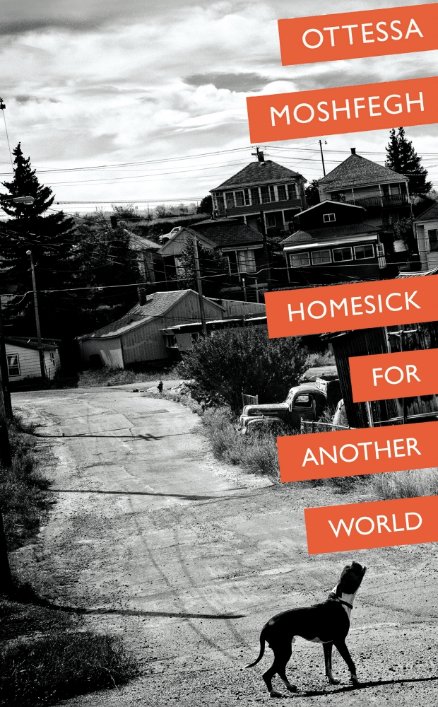Ottessa Moshfegh: A Breath Of Fresh, Strange Air
Ottessa Moshfegh performed her reading on Tuesday from her now book, “Homesick For Another World.”
January 26, 2017
To expect a normal reading from author Ottessa Moshfegh would be the height of naivete. For her debut novel “Eileen,” which was shortlisted for the Man Booker Prize, she eschewed the typical publicity circuit, instead giving a hilarious interview in the Guardian. The piece was titled with her quote, “Eileen started out as a joke — also I’m broke, also I want to be famous.” She is far from an ordinary writer, and her reading at McNally Jackson on Tuesday, Jan. 24 was similarly unique.
Cynically chewing gum throughout, Moshfegh opened by asking the audience, “On a scale of one to 10, how depressed are we? And do you mean depressed like, slitting my wrists would feel good, or I want something funny to cheer me up?”
In the end, she decided on a reading that felt appropriate — the final story from her new book, “Homesick For Another World,” titled “A Better Place.” The piece is about a girl who — along with her twin brother — believes that she must murder someone in order to escape this world for the “better place” that they came from before being born.
“After finishing this story, I was like ‘I don’t have to write another story ever again,’ which was kind of a horrible relief,” she said before officially beginning her reading.
The phrase “a horrible relief” perfectly encapsulates a great deal of her work. Though “A Better Place” is quite literally a short story, it is more characteristic of her work than the genre-bending “Eileen.” In “A Better Place,” the homicidal Ursula is comparable to the laxative-addicted Eileen of “Eileen” — they both share an interest in the ugly truth. Likewise, in her novella “McGlue,” the sailor McGlue murders a man while in a drunken stupor. Moshfegh normalizes the chaotic and frighteningly biological consequences of living and populates her world with perverts and obsessives. She implies with a smile that we are all just like them.
Her sources of inspiration, just like her fiction, vary wildly. “McGlue” came from a notice in a newspaper describing almost exactly the events of the novel. “Eileen,” on the other hand, was written using a self-help guide meant to teach amateurs how to write a novel in 90 days — though Moshfegh was sure to specify that she had finished it in only 60.
Her most recent light reading was the 9/11 Commission Report; a “great work of fiction,” in her words. She told the audience that it was probably done by a global conspiracy of lizards and aliens who had simply projected images of the planes. She took evident delight in the audience’s discomfort with this suggestion.
It’s certainly comforting to know that as the world becomes ever stranger, Ottessa Moshfegh will be there to document its weirdness with her cynical humor.
Email Michael Landes at [email protected].
























































































































































